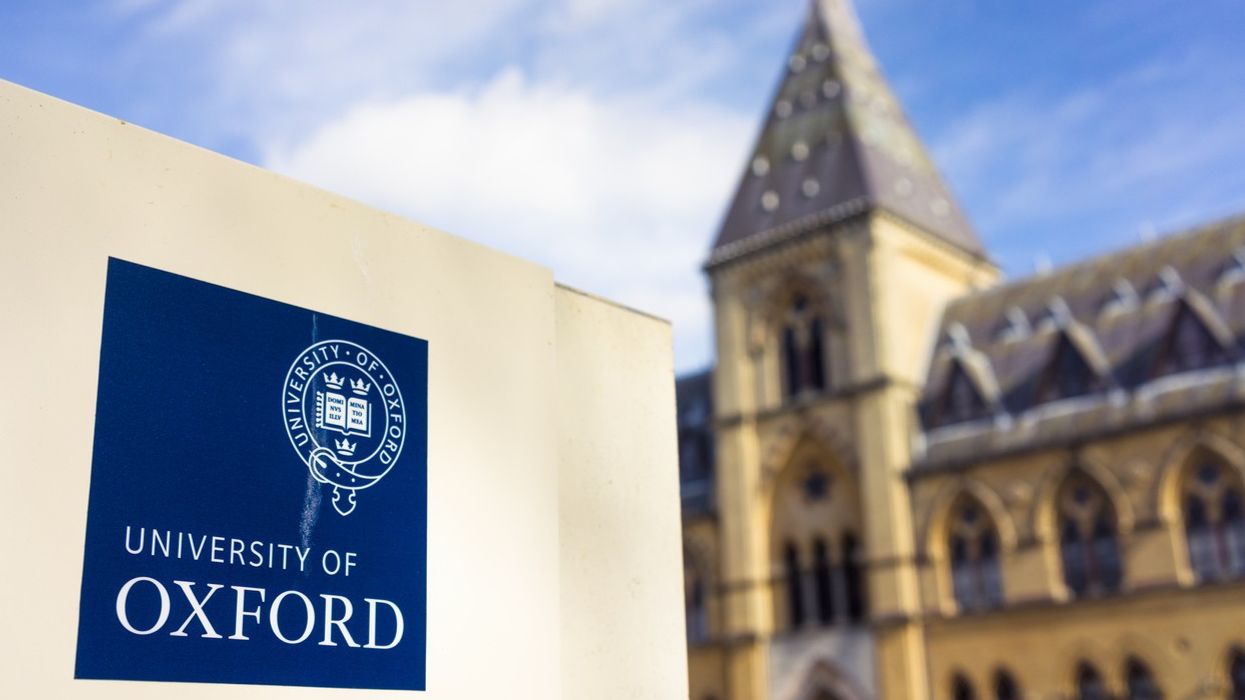ANVEE BHUTANI, an Indian-origin human sciences student from Magdalen College at the University of Oxford, has pledged to fight for students' rights in her role as the new president-elect of the Oxford Student Union (SU).
Bhutani, who was declared the winner at the end of a closely fought byelection at the Oxford SU on Thursday (20) evening, said she felt humbled by the support she had received and excited about her plans for her upcoming term.
She contested based on a platform of reform across key areas of access and mental health at the university and feels that is what won her the backing in a byelection that saw the highest-ever turnout.
“Oxford has historically been a place for the white elite to attend university, so to even be here feels like a great honour. I never imagined I'd one day be standing for the presidency of the SU and have the chance to represent the entire student body and I feel so humbled to have won,” said Bhutani.
"The SU fundamentally needs to be a union that fights for students' rights and I'm really excited to have run on a platform to bring reform to four key areas: access and academics, community affairs, welfare and mental health, and societies and clubs. I want the SU to go back to being a hub that supports students and provides them with the resources they need,” she said.
“I'd genuinely like to extend a massive thank you to everyone who voted for me. I'm so excited for where I'll take things with the other sabbatical officers this year and I am eternally grateful for your support,” she added, in reference to her new Oxford SU team.
The vice-president elect in the team for the 2021-22 academic year is also of Indian-origin, Devika, as is trustee-elect Dhitee Goel. Bhutani's experience includes being co-chair of the Campaign for Racial Awareness and Equality (CRAE) at Oxford SU and president of the Oxford India Society.
She has also worked as a shift leader at Turl Street Homeless Action, and in her manifesto suggests working with this group to support the local homeless population via food and supply donations. Bhutani had used her manifesto to detail priorities of campaigning for the implementation of the Oxford living wage, delinking welfare services and disciplinary action, and diversifying the curriculum.
Around 2,506 students turned out to vote in the leadership contest, which had the highest turnout and also the maximum number of candidates in an Oxford SU presidential election, with Bhutani beating 10 other students for the top spot.
The byelection was held following the resignation of Indian student Rashmi Samant, who was forced to step down soon after her election to the post in February amid a row over her past social media posts.




